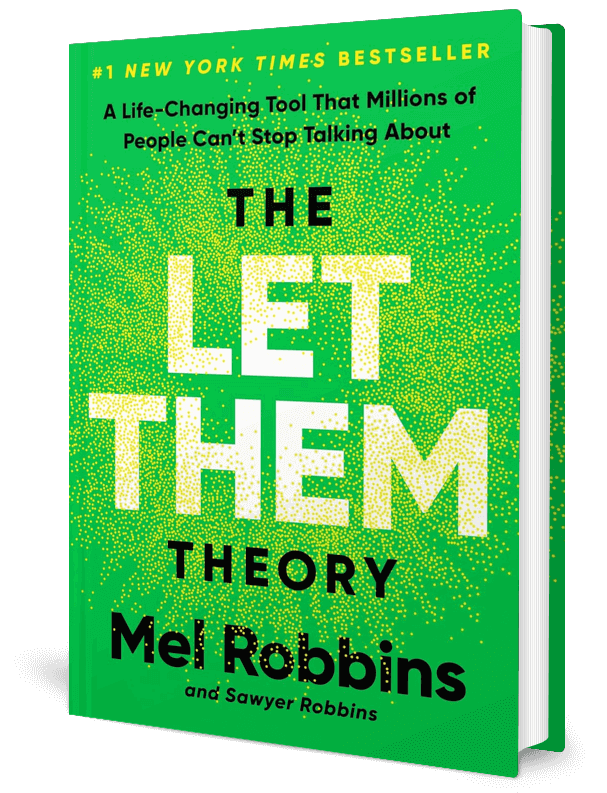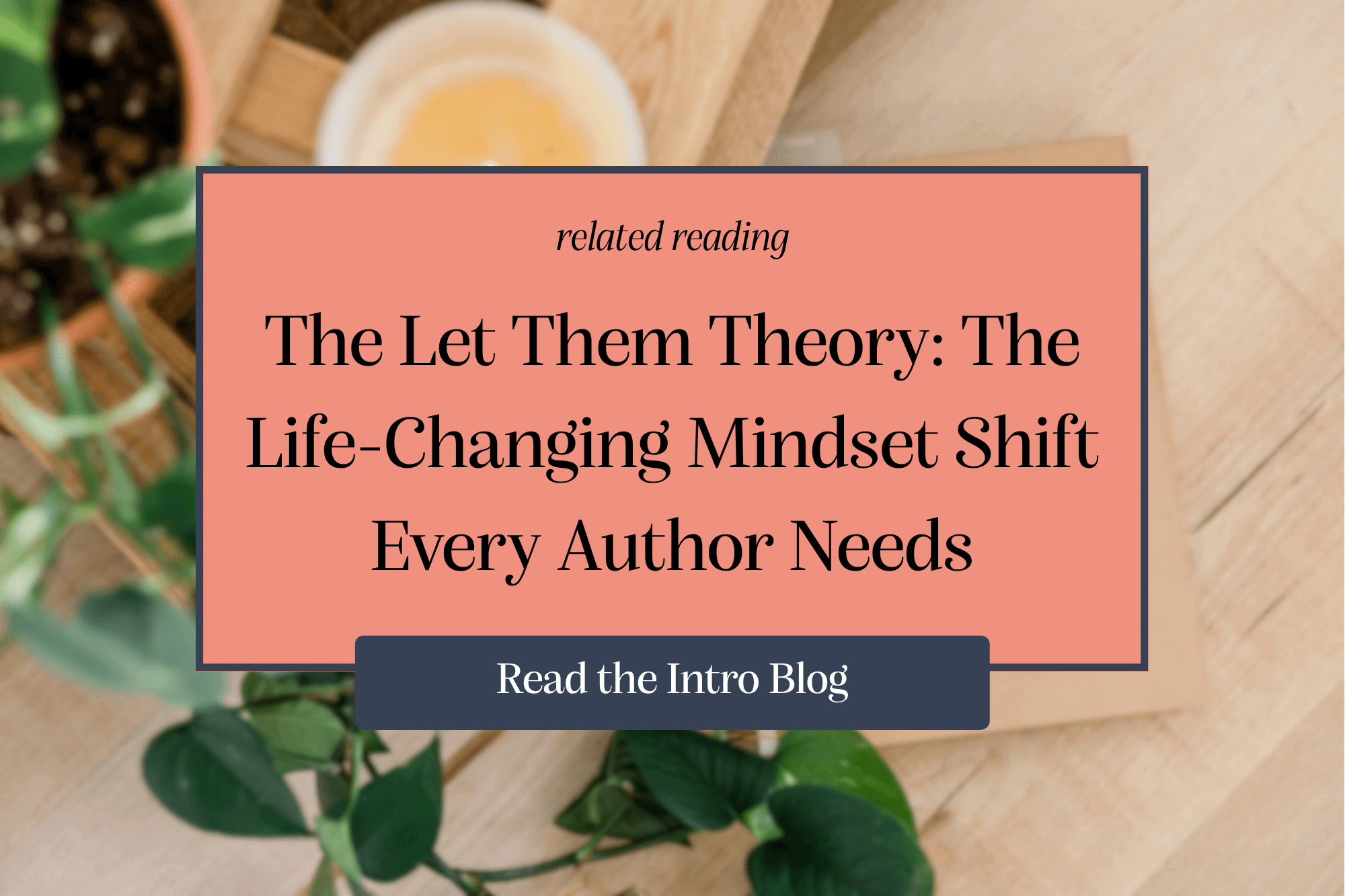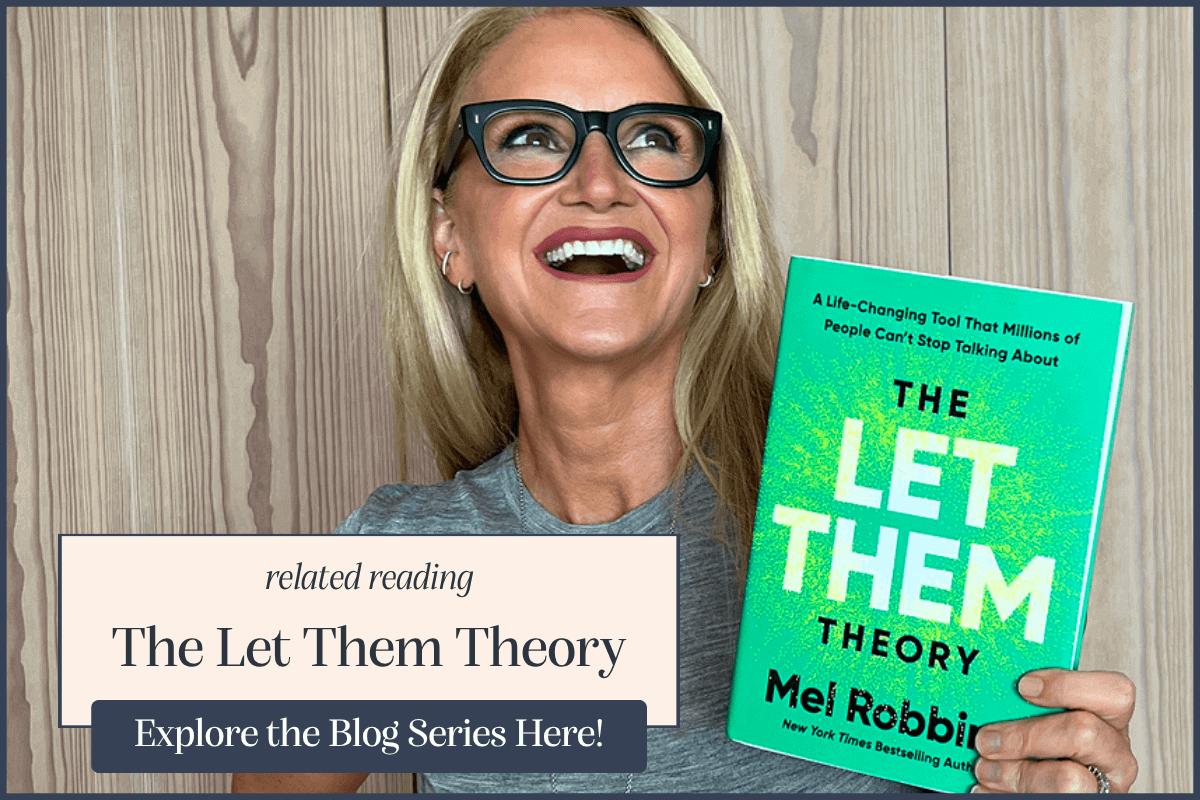Let Them Say You're "Just" Indie
Indie Judgement
You're at a local literary event, feeling proud as you chat with other authors about your recent success.
Your self-published novel just hit 10,000 copies sold, you've built an email list of devoted readers, and you're finally earning enough from your writing to cut back your day job hours.
You're explaining your journey to a traditionally published author when she nods politely and says, "Well, that's great for indie publishing. But when are you going to try to get a real publisher?"
The word "real" hits like a slap. As if your current success is just practice for the real thing.
As if the business you've built, the readers you've connected with, and the income you're generating somehow don't count because they didn't come through traditional gatekeepers.
Later, when you share your milestone on social media, a well-meaning commenter writes: "Congratulations! 10,000 copies is impressive for self-published."
The next day, you're talking to a potential speaking opportunity at a library, and when you mention your publishing background, the coordinator says, "Oh, it's just indie? We usually prefer traditionally published authors for our events."
Your credentials, your sales numbers, your reader engagement—none of it seems to matter next to that magic stamp of traditional approval.
How many times can your legitimate business success be minimized as "just indie" before you start believing it yourself?
This is where the Let Them Theory becomes essential for indie authors who are tired of having their accomplishments dismissed.
Just as we've explored with the pressure to follow trends and other publishing challenges, the language people use to diminish indie publishing success often reveals more about their outdated assumptions than about the actual value of your work.
The "Just" Indie Dismissal That Minimizes Real Success
The word "just" is linguistic poison when applied to indie publishing.
It's a qualifier that automatically positions your achievements as lesser, easier, or somehow not quite legitimate.
"Just" indie. "Just" self-published. "Just" Amazon.
Each usage carries the implicit message that your success doesn't count the same way traditional publishing success counts.
This dismissive language shows up everywhere.
Industry professionals who should know better refer to "just" indie authors when discussing market trends.
Book bloggers distinguish between "real" authors and indie authors.
Literary events that welcome traditionally published authors with modest sales numbers dismiss indie authors with impressive sales figures.
Family members ask when you're going to get "properly" published, as if your current publishing isn't proper enough.
The assumption underlying all this dismissive language is that indie success is somehow easier, that anyone can upload a book to Amazon and call themselves an author.
This assumption completely ignores the entrepreneurial skills required to succeed as an indie author—skills that many traditionally published authors never have to develop.
What's particularly insidious is how this language affects indie authors' confidence in their own achievements.
You start second-guessing your success, wondering if it "really counts."
You find yourself over-explaining your accomplishments, adding qualifiers and context to make your indie success sound more legitimate.
You might even start apologizing for your publishing choice, as if success without traditional gatekeepers is somehow embarrassing.
The moving goalposts are another hallmark of the "just indie” dismissal.
First, your book is dismissed because "it's just self-published."
When it starts selling well, it becomes "just an Amazon bestseller."
When you build a substantial readership, they become "just indie readers."
When you start earning significant income, it's "just because you priced it low."
No amount of success seems sufficient to overcome the "just" qualifier.
This dismissive attitude reveals a fundamental misunderstanding of what indie publishing actually requires.
Building a successful indie career demands skills in writing, editing, design, marketing, business management, and customer service.
You're not just an author—you're an entrepreneur running a publishing business.
That's not "just" anything; that's an impressive collection of professional competencies.
Let Them Minimize What They Don't Understand
Here's where the Let Them Theory protects your confidence and energy: You stop trying to convince people that your success is legitimate when they're determined to see it as lesser.
Let them cling to outdated hierarchies that make them feel better about their own choices.
Let them not understand the entrepreneurial skills required to build a successful indie career from scratch.
Let them underestimate the business acumen needed to identify target audiences, create compelling book covers, write effective marketing copy, and build sustainable reader relationships.
Let them use "just" to diminish accomplishments they couldn't replicate themselves.
Let them not grasp the strategic thinking involved in pricing, distribution, series planning, and brand development.
Let them miss the fact that many successful indie authors have turned down traditional publishing offers because they prefer the control and income potential of their current model.
Let them think that succeeding without gatekeepers is easier rather than recognizing it as proof of entrepreneurial capability.
Let them use dismissive language to make themselves feel superior while you focus on the metrics that actually matter: reader satisfaction, income growth, creative fulfillment, and business sustainability.
Their need to diminish your success reveals their own insecurity, not any actual flaw in your achievements.
Let Me Own My Entrepreneurial Success
While you're letting them minimize what they don't understand, you get to celebrate the full scope of what you've actually accomplished.
Let me take pride in building a business from the ground up. When I succeed as an indie author, I'm not just selling books—I'm running a publishing company. I've identified my target market, developed products to serve that market, created systems for production and distribution, and built customer relationships that generate repeat sales.
That's sophisticated business management, not a consolation prize.
Let me celebrate my direct connection with readers. Unlike authors who rely on traditional publishing intermediaries, I know exactly who my readers are, what they love about my work, and what they want to see next. I respond directly to their emails, engage with their social media comments, and build genuine relationships that inform my creative and business decisions.
This connection is a business asset, not a lesser form of success.
Let me value the comprehensive skill set I've developed. I understand cover design principles, marketing psychology, pricing strategy, and customer service excellence. I've learned to write compelling book descriptions, create effective social media content, and build email lists that generate consistent sales.
These aren't just side skills—they're valuable business competencies that serve me across all areas of my career.
Let me measure success by my own metrics rather than external validation systems. Maybe success means earning enough to support my family through my writing. Maybe it's about creative freedom to write exactly what I want without committee approval. Perhaps it's about building a legacy business I can pass on to my children.
When I define these metrics myself, my indie success isn't "just" anything—it's exactly what I was working toward.
The indie success stories prove this approach works at the highest levels.
Hugh Howey built a science fiction empire that traditional publishers tried to acquire.
Amanda Hocking became a millionaire indie author before traditional publishing came calling.
Lauren Roberts built a massive following by self-publishing, before leveraging her audience for a massive publishing deal.
Colleen Hoover dominated bestseller lists as an indie author before traditional publishers recognized her success.
These authors didn't succeed despite being indie—they succeeded because they embraced the entrepreneurial opportunities that indie publishing offers.
They built direct relationships with readers, maintained creative control, and kept the majority of their revenue instead of splitting it with traditional publishing intermediaries.
Reframing Your Indie Success as Business Achievement
The key to confidence in your indie success is reframing how you think and talk about your accomplishments.
Instead of defensive explanations about why indie publishing is legitimate, lead with the business achievements that speak for themselves.
When someone uses dismissive language about your indie success, try: "I've built a publishing business that generates [X revenue/reaches Y readers/provides Z creative freedom]."
This positions your success as entrepreneurial achievement, rather than a generic publishing category.
When people ask if you're going to "try" traditional publishing, consider: "I'm happy with the business model I've built. It gives me the creative and financial control that works for my goals."
This suggests that traditional publishing would be a step sideways, not up.
When facing the "just indie" qualifier, respond with concrete business metrics: "My last book reached 15,000 readers in its first month" or "I've built an email list of 8,000 engaged readers who buy my new releases consistently."
Numbers speak louder than publishing categories.
Building confidence in your indie achievements also means surrounding yourself with people who understand and celebrate entrepreneurial success.
Join indie author communities where business thinking is valued, attend conferences focused on author entrepreneurship, and seek mentorship from successful indie authors who can provide perspective on your accomplishments.
Remember that you're not trying to convince anyone that indie publishing is legitimate—you're simply refusing to accept their dismissive framing of your success.
Your achievements stand on their own merit, regardless of how others choose to categorize them.
Your Success Doesn't Need Their Approval
The most liberating realization for indie authors is this: Your business success is not diminished by other people's inability to understand or appreciate it.
The readers who love your books don't care whether you're traditionally or independently published—they care about the stories you tell and the experience you provide.
Your income doesn't become less real because it came through indie publishing rather than traditional contracts.
Your reader relationships aren't less valuable because you built them directly rather than through publisher marketing departments.
Your creative achievements aren't less significant because you maintained control of your work rather than handing it over to traditional gatekeepers.
When you stop seeking validation from people who are determined to see indie success as lesser, you can focus your energy on what actually builds your career: writing great books, serving your readers well, and growing your business strategically.
The publishing industry will continue to evolve, and the distinctions between traditional and indie publishing will continue to blur.
Hybrid approaches are becoming more common, traditional publishers are adopting indie strategies, and readers are increasingly indifferent to the business model behind their favorite books.
The people who insist on using "just" to describe indie success will eventually have to confront an industry where independent authors dominate bestseller lists, win major awards, and build multimedia empires.
But you don't need to wait for their recognition to celebrate your achievements.
Your job is to build the creative career that serves your goals and values, using whatever tools and strategies work best for your situation.
Let them say you're "just" indie while you build something that's entirely, authentically, and successfully yours.
Wrapping Up the Publishing Path Pressures Series
Over the past several articles, we've explored how the Let Them Theory applies to the most common external pressures authors face about their publishing choices:
Self-publishing judgment that treats indie publishing as a consolation prize
Hybrid approach criticism that demands you "pick a lane" instead of staying strategically flexible
Trend expectations that ask you to abandon your authentic voice for market timing
Dismissive language that minimizes legitimate indie success
The common thread through all these pressures is other people's discomfort with choices that don't fit their narrow definitions of how author careers should work.
The Let Them Theory gives you permission to stop managing their discomfort and start focusing on building the career that actually serves your goals.
Your publishing path doesn't need their approval.
Your timeline doesn't need their patience.
Your creative choices don't need their understanding.
Your success doesn't need their validation.
Let them judge.
Let me build a career I am proud of.
Moving forward, we'll begin exploring a new mini-cluster in our Let Them Theory series: "Author Identity & Validation"—because the external pressures we've discussed often trigger deeper questions about legitimacy, worth, and what it really means to be a "real" author.
This post is part of the Let Them Theory for Authors series. Explore the complete series for more insights on building creative confidence and professional boundaries.














